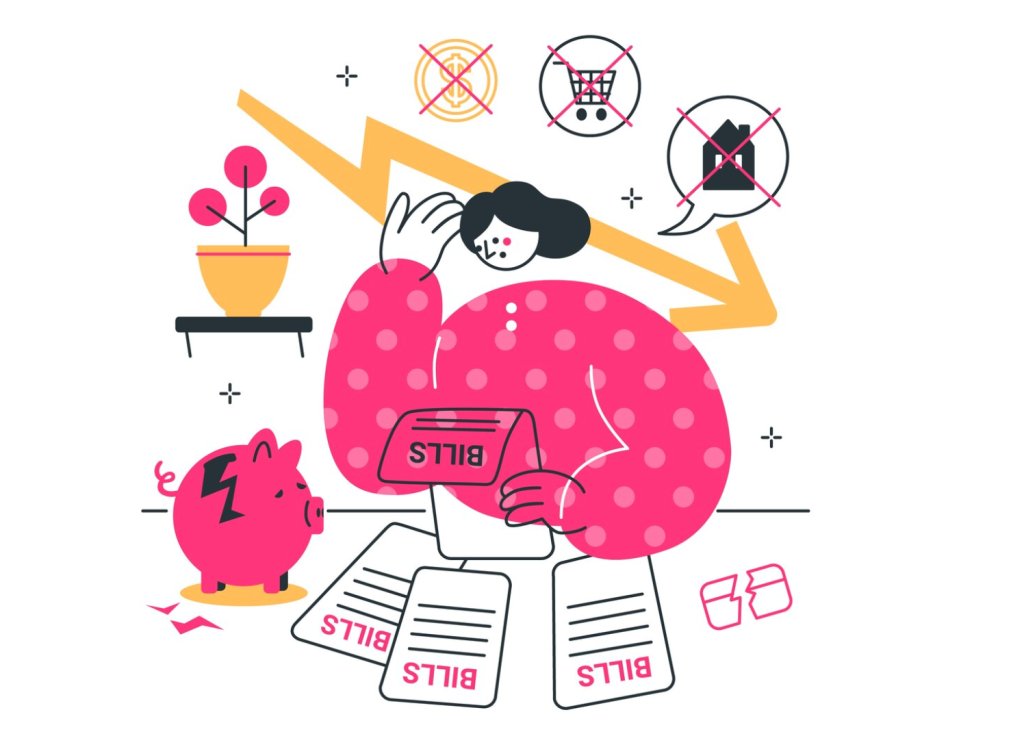For many in the UK, the beginning of the year brings not only chilly weather but also a daunting financial challenge: settling their self-assessment tax bills. Recent research from Royal London reveals that approximately 1.8 million taxpayers are turning to overdrafts to cover these unexpected tax liabilities. This eye-opening revelation underscores the financial strain experienced by a substantial portion of the population, as income tax receipts are predicted to surge by £35 billion by 2028/29 due to fiscal drag.
Tax Bills: A Financial Shock
The self-assessment tax system in the UK often catches individuals off guard. In a survey of 4,000 UK adults, it was found that only half of those employed had saved for their tax bills, while a more substantial 69% of self-employed respondents had set aside savings. This discrepancy highlights the challenges faced by those with traditional employment arrangements when managing their tax liabilities.
Overdrafts: A Costly Solution
The research from Royal London also reveals that one in five employed individuals (18%) expects to use overdrafts to cover their tax bills, while one in ten self-employed individuals (9%) plans to do the same. This reliance on overdrafts can be costly, as overdrafts often come with high-interest rates and fees, making them an expensive source of short-term financing.
Understanding Tax Obligations
The survey results highlight a lack of understanding among taxpayers regarding their self-assessment obligations. One in four self-employed respondents (27%) admitted they would not be filing a return, indicating a need for increased awareness and education about tax responsibilities.
The Impact on Different Demographics
The research also revealed that certain demographics are more affected by the surprise of their tax bills. Men were found to be more likely to be surprised by their tax bills compared to women (41% vs. 32%). Additionally, younger taxpayers (56% of 18-34-year-olds) were more likely to be caught off guard by their tax bills compared to older taxpayers (21% of 50-69-year-olds).
Financial Planning and Resilience
Building financial resilience is essential, especially when facing unexpected tax bills. Setting aside money in a savings account throughout the year can help individuals better prepare for tax season. Understanding tax thresholds, deductions, and allowances can also empower taxpayers to make informed financial decisions.
Conclusion
The revelation that nearly two million people in the UK are resorting to overdrafts to pay their tax bills highlights the financial challenges faced by many individuals and families. It underscores the importance of financial planning, awareness of tax obligations, and building financial resilience. As tax liabilities continue to rise, taking proactive steps to manage one’s finances and explore cost-effective borrowing options becomes increasingly crucial. By doing so, individuals can navigate the complexities of the self-assessment tax system with greater confidence and financial stability.






